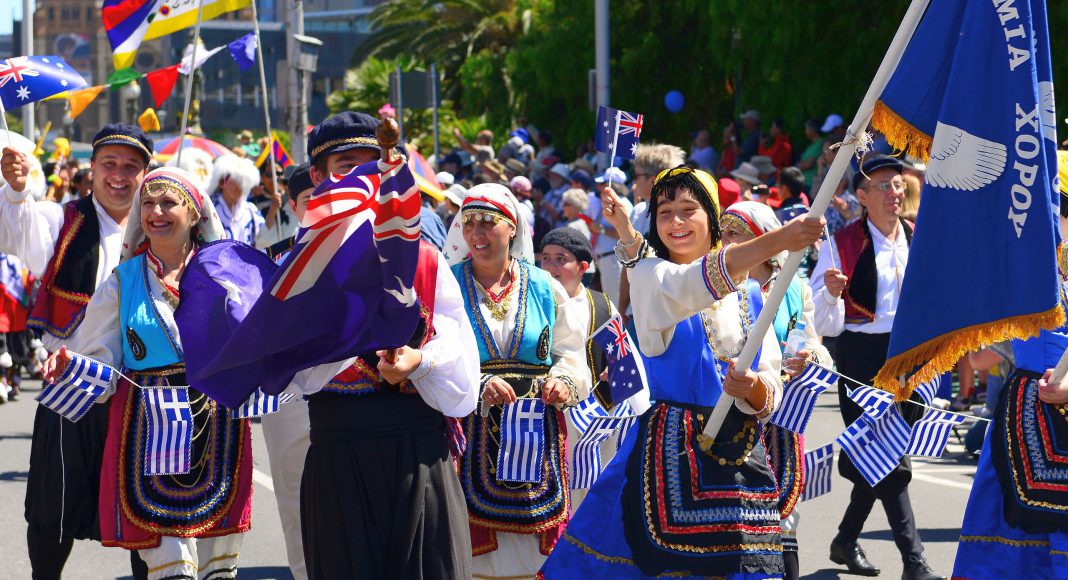Yiayia and papou, mother and father, son and daughter. These three generations of Greek Australians encapsulate all of what it means to be Greek, but how does each generation separate itself from the other? What additional knowledge does each generation bring to the table, and how can each generation learn from the other?
The all-knowing yiayia and papou
Your yiayia and papou’s knowledge is timeless. Brought together through years of struggle and hardship to bring the family to where they are now. For many of us, yiayia and papou are seen as the top tier of the family hierarchical chain. Whatever they say goes, and yes, most of the time even outranking your mum and dad. But that doesn’t mean the younger generations don’t bring anything to make their day that one step less difficult. Anything from setting up their electronics, to showing them how the internet works, to even showing them new food recipes (be careful with that one though). Despite what the younger generations bring however, the stories of their lives will always be seen as the greatest life tool. Various tales of encountering obstacle after obstacle to bring the family to where they are today, while still maintaining the core essence of Greek hospitality.
Halfway there: The mother and father
The experience of being raised by Greek-born parents partnered with being raised within an Australian community. Although moving to the other side of the world and learning a new language may be difficult, for some, being the child of an immigrant can be even harder. Being a child of a Greek immigrant means you bring everything from your parents’ culture and integrate it with the Australian lifestyle. This can be anything as simple as bringing souvlaki from home to work the next day, having to take Greek dancing lessons, or using elements of your Greek parents pastitsio recipe to make a lasagne. Being a child of Greek-born parents may sometimes have its challenges, possibly hiding your secret boyfriend from your parents or sacrificing much of your social life for work, but each mother and father of that generation will certainly carry down their parents hard working ethos and cultural identity.
The sons and daughters: Keeping traditions alive
Taking two generations of experience and Greek culture to use into their lives, the grandchildren of yiayia and papou are left to continue the Greek traditions to ensure their survivability. As time goes on, we see Greek-Australian children become dissociated with their heritage, and it is up to the younger generation of teenagers and twenty to thirty year-olds to make sure that these traditions don’t fade into obscurity. This ranges from lifelong traditions such holding feasts to celebrate name days, dancing the Zorba at weddings, and going to Greek school to preserve the ancient language. While this generation is tasked with carrying on these traditions, it is also vital to bring in new traditions that can be celebrated with the wider community. What brings all three generations together, apart from their love of Greek culture, is the knowingness that whatever we do in life, we remember the rich history of our Greek roots.
